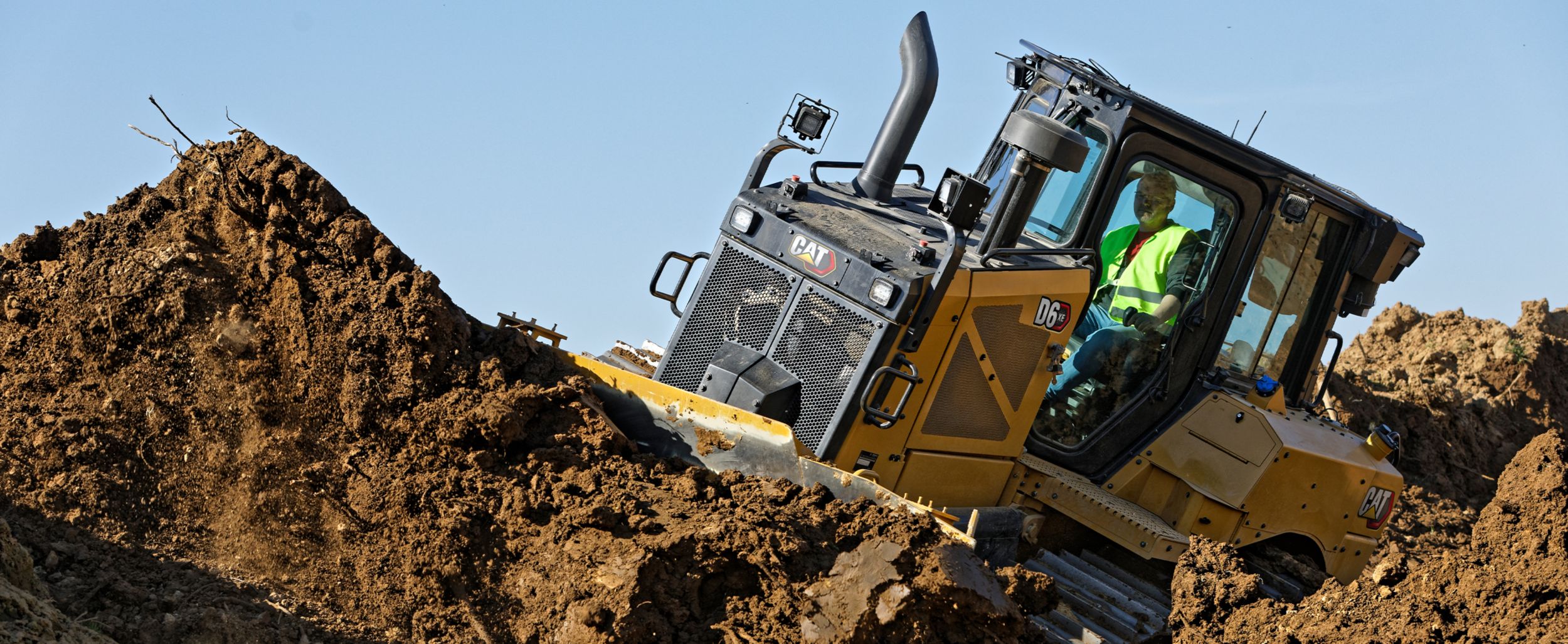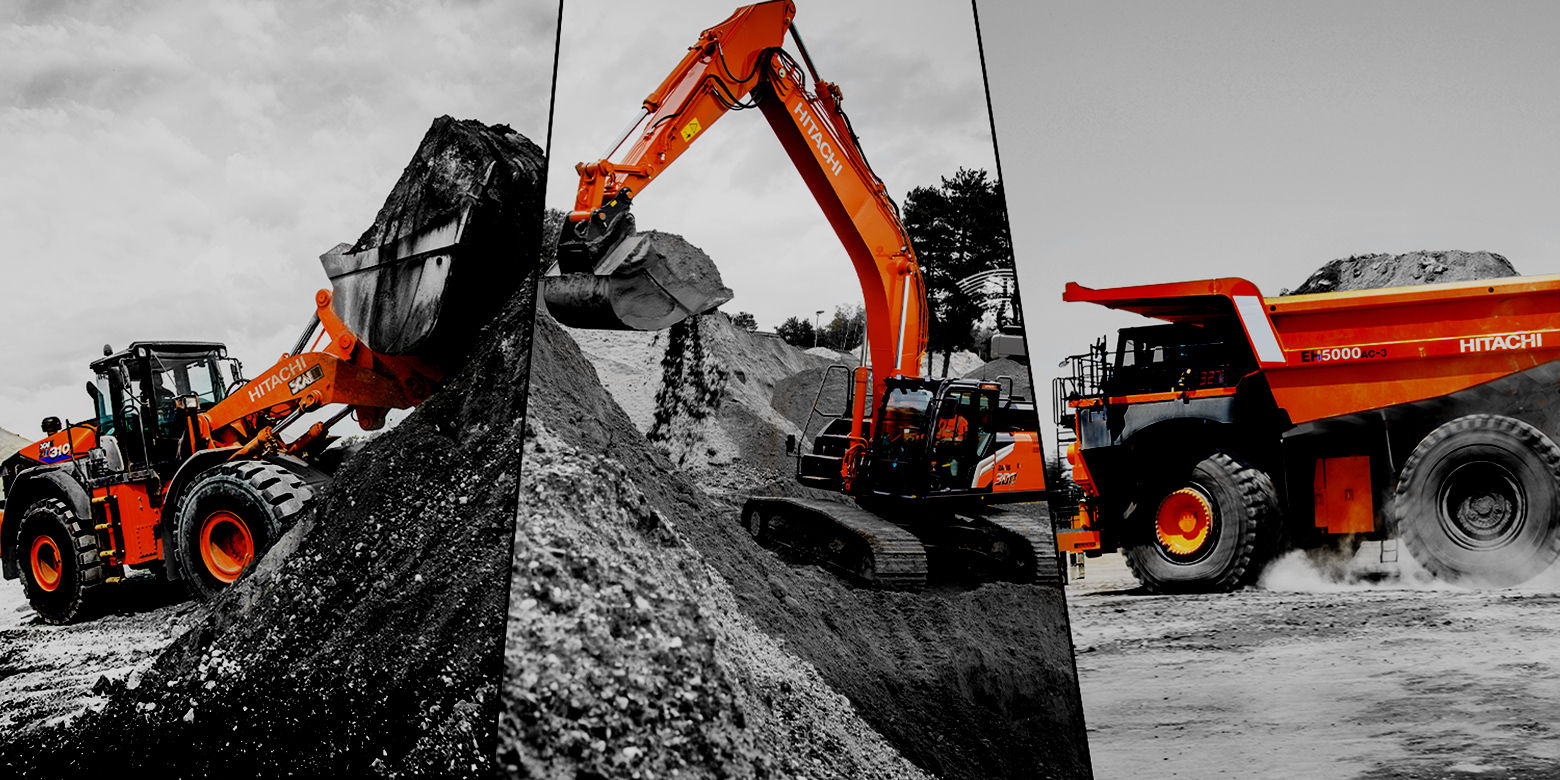Dozer Rental in Tuscaloosa AL: Trustworthy and Affordable Heavy Machinery
Dozer Rental in Tuscaloosa AL: Trustworthy and Affordable Heavy Machinery
Blog Article
Exploring the Financial Perks of Leasing Construction Equipment Compared to Having It Long-Term
The choice in between having and leasing building and construction tools is crucial for financial administration in the market. Renting out deals immediate expense financial savings and operational adaptability, allowing companies to allocate sources much more efficiently. Recognizing these nuances is necessary, particularly when considering how they align with details job requirements and monetary techniques.

Price Comparison: Renting Out Vs. Owning
When reviewing the financial effects of having versus renting building and construction tools, a thorough cost comparison is crucial for making educated decisions. The choice between renting and owning can significantly impact a business's lower line, and comprehending the linked prices is vital.
Renting building and construction equipment normally involves reduced upfront expenses, permitting businesses to designate resources to other operational requirements. Rental agreements usually include versatile terms, enabling companies to gain access to progressed equipment without lasting commitments. This adaptability can be specifically advantageous for short-term jobs or fluctuating workloads. Nevertheless, rental expenses can accumulate over time, potentially surpassing the cost of possession if tools is required for an extensive duration.
Conversely, having building and construction equipment needs a significant initial financial investment, together with recurring expenses such as devaluation, funding, and insurance. While possession can bring about long-term financial savings, it additionally binds funding and might not offer the very same degree of flexibility as leasing. Additionally, owning tools necessitates a dedication to its usage, which may not constantly align with job demands.
Eventually, the decision to lease or own needs to be based upon a thorough analysis of certain project requirements, economic capability, and long-term critical goals.

Maintenance Expenses and Responsibilities
The choice between leasing and having building equipment not only includes monetary factors to consider yet also includes recurring maintenance expenditures and obligations. Owning tools calls for a considerable dedication to its maintenance, which consists of regular examinations, repair work, and prospective upgrades. These responsibilities can swiftly accumulate, resulting in unanticipated costs that can stress a budget.
In contrast, when leasing devices, maintenance is normally the duty of the rental firm. This setup allows professionals to prevent the economic worry connected with wear and tear, in addition to the logistical obstacles of scheduling repairs. Rental agreements frequently include stipulations for upkeep, implying that specialists can concentrate on completing projects rather than stressing over equipment condition.
In addition, the diverse array of devices readily available for lease makes it possible for business to pick the newest models with advanced innovation, which can boost efficiency and performance - scissor lift rental in Tuscaloosa Al. By deciding for leasings, companies can avoid the long-lasting responsibility of devices devaluation and the connected maintenance frustrations. Eventually, evaluating upkeep expenditures and obligations is essential for making an educated decision regarding whether to rent out or own building equipment, dramatically affecting general job prices and operational efficiency

Devaluation Influence On Ownership

A substantial variable to consider in the decision to own building devices is the effect of devaluation on total possession prices. Depreciation represents the decrease in worth of the tools gradually, affected by variables such as use, damage, and advancements in technology. As equipment ages, its market price decreases, which can substantially influence the proprietor's economic setting when it comes time to market or trade the tools.
For construction firms, this devaluation can convert to considerable losses if the devices is not used to its max capacity or if it becomes obsolete. Owners must account for depreciation in their financial projections, which can lead to higher overall costs contrasted to leasing. Furthermore, the tax implications of depreciation can be complex; while it may give some tax obligation advantages, these are usually balanced out by the truth skid loader buckets for sale of decreased resale value.
Ultimately, the burden of depreciation stresses the relevance of recognizing the lasting economic dedication associated with owning building devices. Companies have to very carefully assess just how commonly they will certainly use the equipment and the prospective economic effect of depreciation to make an informed choice about possession versus renting.
Monetary Versatility of Renting
Leasing construction equipment uses significant monetary flexibility, enabling business to allocate sources much more effectively. This flexibility is especially essential in a market characterized by changing task needs and differing work. By deciding to lease, organizations can avoid the considerable capital outlay required for buying tools, protecting capital for various other functional needs.
Furthermore, leasing equipment enables companies to customize their tools selections to details task demands without the long-lasting commitment connected with ownership. This means that businesses can easily scale their equipment supply up or down based upon awaited and existing task requirements. As a result, this versatility reduces the risk of over-investment in machinery that might come to be underutilized or outdated over time.
An additional monetary advantage of renting out is the potential for tax benefits. Rental settlements are frequently taken into consideration general expenses, enabling instant tax obligation reductions, unlike devaluation on owned and operated tools, which is topped several years. scissor lift rental in Tuscaloosa Al. This prompt expense acknowledgment can additionally improve a firm's money position
Long-Term Task Considerations
When assessing the long-term demands of a building business, the choice between owning and renting out devices comes to be a lot more complex. Trick elements to consider consist of job duration, regularity of use, and the nature of upcoming jobs. For tasks with prolonged timelines, purchasing tools might seem beneficial due to the possibility heavy equipment rentals for reduced general costs. However, if the equipment will certainly not be utilized consistently across tasks, having might result in underutilization and unneeded expenditure on storage space, maintenance, and insurance coverage.
The building market is progressing quickly, with brand-new devices offering improved effectiveness and safety features. This adaptability is specifically helpful for services that manage diverse projects requiring various kinds of devices.
Additionally, financial stability plays a vital function. Owning equipment frequently entails substantial funding investment and devaluation concerns, while renting out enables even more predictable budgeting and capital. Eventually, the selection between renting out and owning must be aligned with the calculated objectives of the building business, thinking about both current and awaited job needs.
Conclusion
In final thought, leasing building tools uses substantial financial advantages over long-lasting possession. Eventually, the choice to rent rather than very own aligns with the vibrant nature of construction jobs, allowing for versatility and access to the most current tools without the financial problems associated with ownership.
As devices ages, its market worth diminishes, which can significantly influence the owner's monetary placement when it comes time to trade the tools or market.
Renting out building and construction equipment offers significant financial flexibility, allowing companies to assign resources a lot more successfully.In addition, renting out tools enables companies to customize their tools options to certain job demands without the long-lasting commitment connected with ownership.In conclusion, renting building you can find out more equipment offers substantial financial benefits over lasting ownership. Inevitably, the choice to lease rather than own aligns with the vibrant nature of building jobs, allowing for adaptability and access to the latest equipment without the economic worries linked with ownership.
Report this page